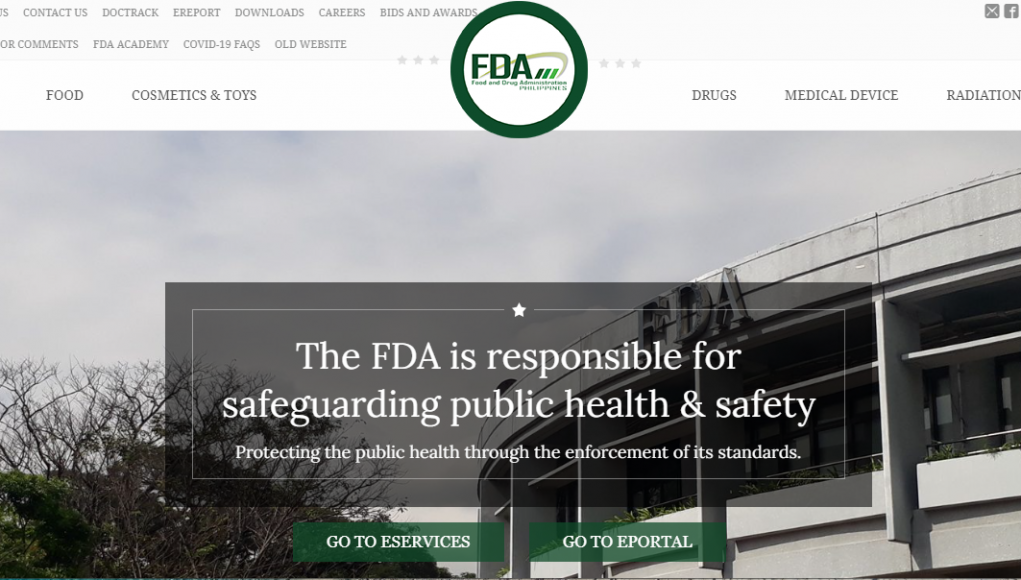Last October, two members of the House of Representatives were forced to suspend public consultations on vaping and heated tobacco products, after the Philippines FDA, was forced to admit that it had received a grant from the Union and Bloomberg Initiative.
“In 2019 The Union launched the Global Implementation Programme, which supports cities to effectively implement tobacco control laws, and we are a key partner in STOP, a global tobacco industry watchdog. Both projects are also funded by Bloomberg Philanthropies,” she added.
Clarisse Virgino, the Philippines’ representative to the Coalition of Asia Pacific Tobacco Harm Reduction Advocates (CAPHRA), has recently voiced her concern with regards to this admission. “It comes now as no surprise that the Administrative Order drafted by the FDA, if adopted, would virtually constitute a de facto ban on vapes and HTP,” she said. “The FDA agenda is crystal clear. For the 16 million Filipino smokers, the only option is to quit or die. To the 1 million vapers, go back to smoking cigarettes.”
Virgino added that the funds received by anti-vaping groups would jeopardize the FDA’s treatment of tobacco harm reduction products such as e-cigarettes and HTPs. “E-cigarettes and heated tobacco products are not pharmaceutical products and should not be regulated as such. What we need is a fair and risk-proportionate regulation that will encourage smokers to reduce their exposure to smoke which is the one that causes all these diseases.”
The FDA should halt any proposed guidelines before investigation is complete
In line with these arguments, local lawmakers are insisting that until an investigation into the matter is completed, the FDA should not be allowed to go ahead with any proposed guidelines. “Government policies and regulations should not be influenced by any vested foreign interest. It is incumbent for Congress to investigate FDA’s receipt of private funds from known anti-tobacco, anti-ENDS [electronic nicotine delivery systems] and anti-HTP organizations and how these could have shaped the agency’s adopted policies.”
“Until the House investigation is concluded, the FDA should not proceed with its proposed guidelines and public consultations that have left many stakeholders dissatisfied and feeling ignored,” said Ilocos Sur Rep. Deogracias Savellano, who was one of the two House members who initially questioned the FDA about the funding.
House Resolution No. 1396
“As the highest policy and lawmaking body under the Constitution, Congress is duty-bound to ensure that any and all forms of government policies and regulations are not being driven by any vested foreign interest. Sovereignty resides in our people and not in any moneyed ideology or movement. As representatives of our people, it is our duty to ensure this,” stated the resolution.
Serious deficiencies in the consultation process
Savellano pointed out that having personally attended the online public consultation on the FDA’s draft guidelines for the regulation of vapour products and HTPs, he witnessed firsthand the “deficiencies in the proceedings”. He pointed out that stakeholders were not allowed to speak during the hearing hence had no opportunity for an open and meaningful discussion, as they were instead instructed to leave any questions in a designated chat box.
“Considering that only two public consultations were scheduled and the tremendous impact these guidelines would have on the business and livelihood of industry stakeholders as well the rights of consumers, the FDA should have been willing to address their concerns,” said the lawmakers about the resolution.
“In accepting monetary consideration from anti-tobacco organizations in exchange for the issuance and implementation of targeted anti-tobacco and anti ENDS and HTP policies, FDA officials may be in violation of applicable laws due to their failure to inform stakeholders beforehand of the existence of such arrangement as well as the details of the same”, they added.
“We will perform our duty and see to it that government agencies and officials are made accountable if found to have given their foreign grantors undue and unwarranted advantage over our national policies. I want to make it very clear that our government policy on public health is not for sale,” concluded Savellano.
Read Further: Manila Standard
HARAP: A New Harm Reduction Association Forms in The Philippines








